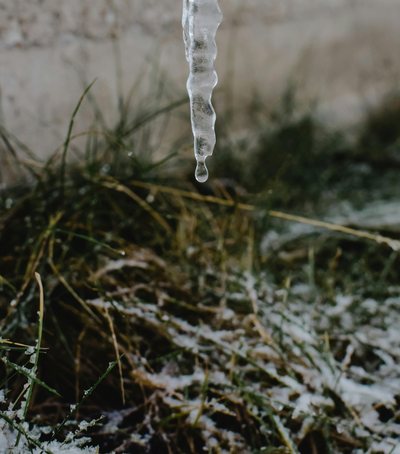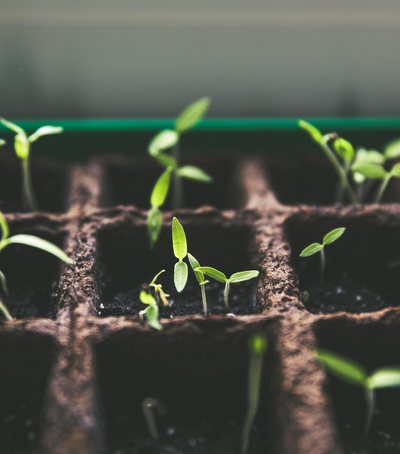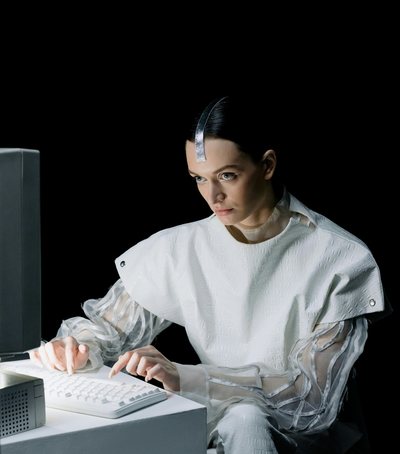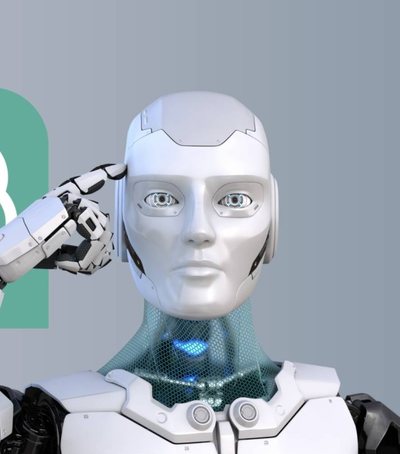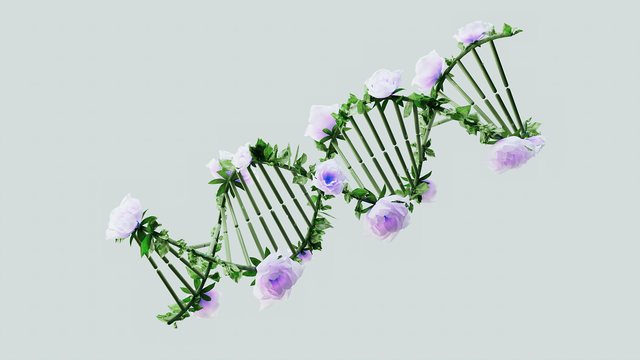
The question that has fascinated humanity
Is talent a gift or the result of effort? This question has divided philosophers, psychologists, and artists for centuries. Some believe that talent is a genetic inheritance, a spark that is born with a person; others think that it is the product of practice and experience. Today, science is getting closer to an answer: both are true.
Innate inheritance – when genes “set the stage”
Numerous studies have shown that some people are born with neurobiological predispositions that favor creativity. Genes influence the way the brain processes information, emotional sensitivity, and the types of neural connections that create new ideas.
A specific combination of brain chemicals – dopamine, serotonin and norepinephrine – is linked to the ability to think divergently, that is, to find original solutions. This means that some bodies and brains are more “ready” for creativity.
However, genes are not enough. They are like a good instrument – ??but the music depends on how it is played.
Experience – the talent gym
Contemporary psychology sees creativity as a mental muscle that develops through practice, curiosity, and the challenge of facing challenges. Anders Ericsson's research on expertise showed that deliberate practice—not the amount of time, but the quality of effort—is the key to mastery.
A child with a predisposition for art, if raised in an environment devoid of aesthetic stimuli, will hardly develop his or her full potential. While someone without a clear predisposition, but with dedication and passion, can achieve extraordinary levels of creativity.
The creative brain – the laboratory of new ideas
In the brain of a creative person, the connections between the hemispheres are more active. This means that logic (left) and imagination (right) cooperate better. Creativity, according to neuroscience, is not a disorder of the mind, but its highest cooperation – when the structures that analyze, feel and dream communicate in harmony.
In fact, many studies show that great creative people simultaneously activate the analytical and dreaming networks, producing ideas that are like "bridges" between reality and imagination.
Emotion – the catalyst for talent
No gene or experience is sufficient without emotion. Inspiration arises when feeling collides with thought. Great artists are not only technical, but sensitive to the point of pain. They experience the world with intensity, and their brains translate emotions into form, sound, or words.
Thus, talent is sensitivity that finds its own language.
If genes are the seeds of talent, experience is the soil in which it grows. A person may be born with a predisposition, but it is only when work, passion, and experience combine that true art is born.
Creativity, then, is neither an innate gift nor a learned technique – it is the meeting between nature and effort, between the soul and the mind that never stops searching.
Because talent, in essence, is the genius of perpetual improvement.
Photo by Google DeepMind: https://www.pexels.com/photo/an-artist-s-illustration-of-artificial-intelligence-ai-this-image-depicts-how-ai-could-assist-in-genomic-studies-and-its-applications-it-was-created-by-artist-nidia-dias-as-part-of-the-18069424/

